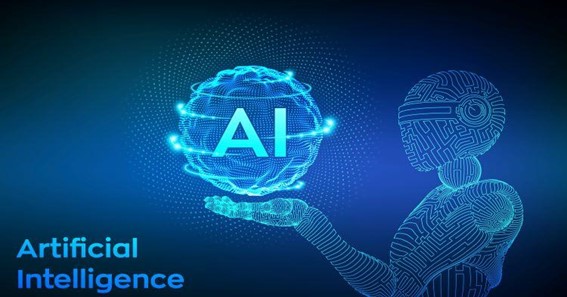In recent years, the convergence of two ground-breaking technologies, Artificial Intelligence (AI) and Data Science, has given rise to a new era of innovation and advancement. The marriage of AI and Data Science holds immense potential, revolutionizing industries, driving decision-making processes, and shaping the way people interact with information.
This article explores the profound impact of AI in Data Science, delving into its applications, challenges, and the transformative possibilities it brings. You can also take up an appropriate artificial intelligence and data science course for better understanding.
The Synergy of AI and Data Science
Data Science entails the skillful extraction of valuable insights and knowledge from extensive datasets. It involves a multi-disciplinary approach, combining expertise from fields such as statistics, mathematics, and domain-specific knowledge. AI, on the other hand, empowers machines to simulate human intelligence, enabling them to learn, reason, and make decisions. When integrated, AI augments the capabilities of Data Science by automating complex tasks, identifying patterns, and providing predictive analytics.
One of the most significant applications of AI in Data Science is machine learning. Machine learning algorithms allow computers to learn from data, adapt to new information, and improve performance over time. This technology is utilized in various domains, from healthcare and finance to marketing and entertainment. For instance, in healthcare, AI-powered algorithms can analyze medical images and identify anomalies with a level of accuracy that surpasses human capabilities. In finance, AI-driven predictive models help identify market trends and optimize investment strategies.
Challenges and Opportunities
While the fusion of AI and Data Science presents transformative opportunities, it also comes with its share of challenges. Data quality, privacy concerns, and the interpretability of AI models are critical issues that must be addressed. Ensuring the integrity and accuracy of the data used for training AI algorithms is essential to avoid biased or skewed results. Additionally, the ethical implications of AI in Data Science, such as algorithmic bias and job displacement, require careful consideration.
Nonetheless, these challenges pave the way for innovative solutions. Researchers and practitioners are working to develop transparent and explainable AI models that provide insights into how decisions are made. Moreover, advancements in federated learning, a technique where models are trained across multiple devices without sharing raw data, address privacy concerns while still enabling AI to learn from diverse datasets.
Transformative Possibilities
The potential of AI in Data Science is far-reaching and transformative. One notable area is the automation of repetitive tasks. Data pre-processing, feature selection, and model tuning can be time-consuming and resource-intensive. AI streamlines these processes, allowing Data Scientists to focus on higher-level tasks such as problem formulation and result interpretation. This automation accelerates the pace of innovation and enhances the efficiency of decision-making.
Another transformative aspect is the ability of AI to unearth hidden insights from massive datasets. Traditional methods might overlook subtle patterns or correlations, but AI algorithms excel at identifying complex relationships. In fields like genomics and drug discovery, AI-driven analysis has led to the identification of novel therapeutic targets and the acceleration of drug development.
Conclusion
The fusion of AI and Data Science is a game-changer, ushering in a new era of innovation and advancement. The synergy between these technologies holds the promise of revolutionizing industries, enhancing decision-making, and unlocking new avenues of knowledge. While challenges such as data quality and ethical considerations must be addressed, the transformative possibilities far outweigh the obstacles.
As AI continues to evolve and Data Science techniques become more sophisticated, the future is ripe with potential. From healthcare and finance to manufacturing and entertainment, AI-powered Data Science will continue to shape our world, driving progress and leading us into a future where the insights gleaned from data fuel the engines of innovation.
So, it is a good time for those looking to make their career in this field to learn new trends by taking an artificial intelligence and data science course or a data science certification course.
